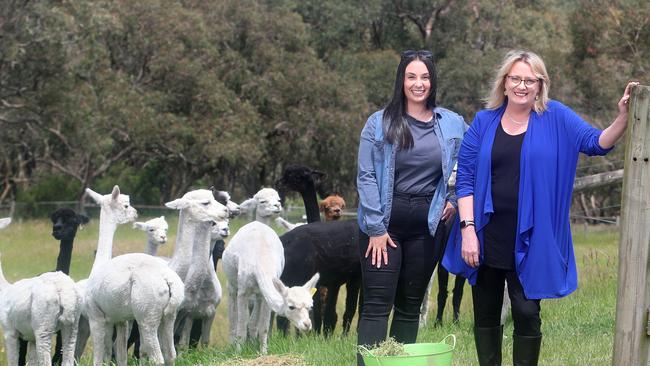Women in ag: Childcare inquiry calls for government intervention
A watchdog inquiry into Australia childcare has delivered several recommendations which could benefit women in agriculture. See the latest.
Changes to how Australia’s early childhood education sector is managed could mobilise more women in regional and remote communities to participate in agriculture, adding much-needed diversity to executive and corporate boards.
A recent investigation by The Weekly Times revealed barriers such as limited childcare options played a role in the lack of women participating in agriculture at an executive level.
The Australian Competition and Consumer Commission last month outlined a number of recommendations as part of its inquiry into the state of childcare in Australia, including changes to the child care subsidy and hourly rate cap, government consideration for how to better support and influence attraction and retention rates of educators in the sector, along with consideration of a government market stewardship role at both a federal and state level.
The report found families with children under age two in regional and remote communities often faced “greater challenges” accessing centre-based daycare.
The report found services in remote and regional areas often “cannot find the staff required to provide services”, with one example of a provider in outer regional Queensland unable to offer more childcare due to a lack of staff.
A state government report published in 2022 found lack of access to childcare isolated about 26,000 women from the workforce in Victoria, at a cost of $1.5 billion a year in lost earnings.
Victorian Farmers Federation vice president Danyel Cucinotta said accessible childcare would benefit not only women, but the industry broadly now and in the future.

“While childcare may not seem like a traditional priority for our industry, it interconnects to a number of key priorities, such as workforce shortages and on-farm safety,” she said.
Ms Cucinotta said for many women, being forced to walk into a meeting with a small child due to a lack of childcare “comes with its own stigma”.
“The majority of women only ever get a chance (to participate) when they’re at a point in life when the children are much older,” Ms Cucinotta said.

AgriFutures 2022 SA Rural Women’s Award winner and SA Leader for Gender Equity Robyn Verrall said agriculture had much to gain from providing accessible childcare in regional areas, but particularly for women wanting to participate in executive decision-making roles.
“There’s still a lot of tutting at women who bring children to meetings, particularly from the older generation,” Ms Verrall said.
“And it’s not unconscious. It’s a total bias that children should not be in meetings. That is a major barrier to any women in ag.”





